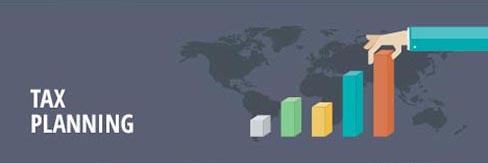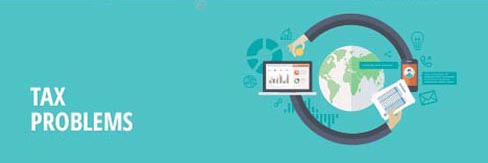

ARCHIVE
NEWS
BUSINESS
Trusts and when to use them

ARCHIVE
NEWS
BUSINESS
SEP 2017
OUR
PROCESS
GET IN TOUCH
WITH US
GET TO KNOW
US
Registered office: 61 Friar Gate, Derby, Derbyshire, DE1 1DJ T: 01332 202660
Adrian Mooy & Co is the trading name of Adrian Mooy & Co Ltd. Registered in England No. 05770414
Simply put, a trust is a form of bank account, looked after by a trustee for the purposes of benefiting the recipient. Anything can be stored in a trust, from money and property to stocks and shares.
When you put assets into a trust, providing certain condition are met, they no longer belong to you, rather the beneficiary. So why use a trust at all?
Importantly, a trust can help pass down wealth without triggering Inheritance Tax (IHT). When you die, a trust is not considered part of your estate.
Trusts are also popular with parents as they can stipulate the rules and conditions of how and when a trust can be used.
Here are some common examples of when you might want to use a trust:
- To save on Inheritance Tax (IHT)
- When you want to give money to someone, but not until they reach a certain age
- When you want to support someone over a long period of time
There are several variations of trusts, each with their own tax advantages and disadvantages. Likewise, some can be opened and used in your lifetime, while others can be written into your will. Most trusts will incur Income Tax, Capital Gains Tax (CGT), and/or Inheritance Tax.
The main types of trusts are: Bare trusts, Interest in possession trusts, Discretionary trusts, Accumulation trusts, Mixed trusts, Settlor-interested trusts
When planning to open a trust, you must decide who the trustee and the beneficiaries will be. If you’re planning to write a trust into your Will, you must decide who the executor will be. Usually, the executor and trustee are the same person.


.png?crc=484381513)

